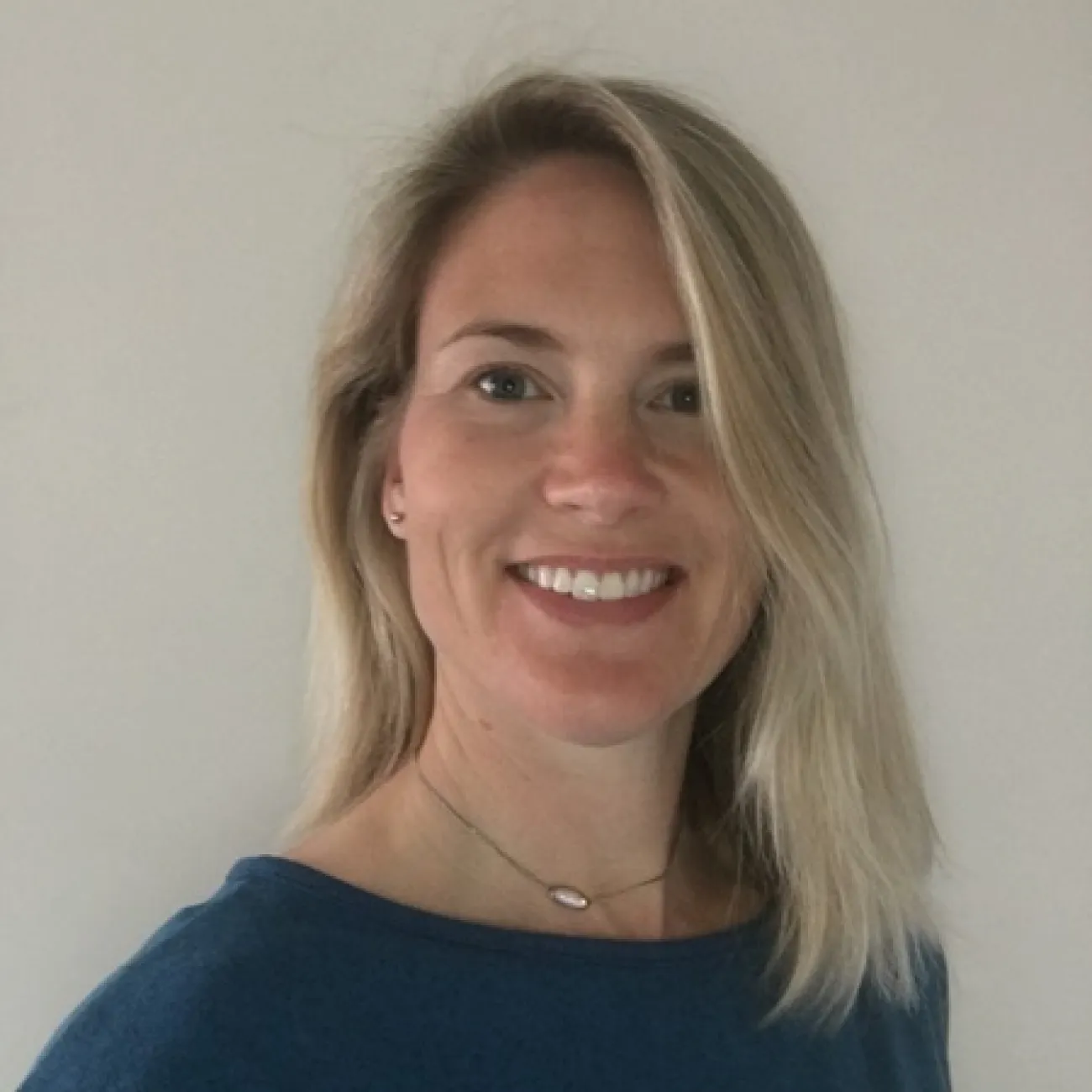About
Lucy is a Senior Research fellow in the MRC LEU. Her work focuses around global musculoskeletal health and scales sub-Saharan Africa, in particular South Africa, Zimbabwe and The Gambia, and also Nepal. She is part of a 5 year Wellcome Trust funded study named Epidemiology, Economic impact and Ethnography (the Fractures-E3 study). This is a mixed-methods study aiming to establish frequency of vertebral and hip fractures, risk factors, health costs, consequences, care pathways and available health services. Within this she supports the coordination of WP1 (prevalence of vertebral fractures) and WP2 (incidence of hip fractures) in The Gambia, and leads the vertebral imaging analysis, which aims to determine the prevalence of vertebral fractures and osteoporosis.
Research
Research groups
Research interests
- Global musculoskeletal health and disease; with particular interest in lower limb mobility
- Epidemiology of vertebral fractures
- Epidemiology of Knee and foot osteoarthritis
Research projects
Completed projects
Publications
Pagination
Biography
I am a Senior Research fellow in Global Health, with a particular interest the epidemiology of musculoskeletal health. My work scales sub-Saharan Africa, in particular South Africa, Zimbabwe and The Gambia, and also Nepal. I am part of a 5 year Wellcome Trust funded study named Epidemiology, Economic impact and Ethnography (the Fractures-E3 study). This is a mixed-methods study aiming to establish frequency of vertebral and hip fractures, risk factors, health costs, consequences, care pathways and available health services. Within this this programme of work I support the coordination of WP1 (prevalence of vertebral fractures) and WP2 (incidence of hip fractures) in The Gambia, and lead the imaging analysis, which aims to determine the prevalence of vertebral fractures and osteoporosis medical imaging.
I am co-lead on a collaborative initiative with Social Sciences and Engineering to build multi-disciplinary research with the vision of addressing the global impact of lower limb conditions in low resource settings. The initiative has established a programme of research that has i) Estimated the prevalence of LLC in Nepal ii) estimated the individual, societal and healthcare impact of LLCs in Nepal. We now aim to improve the function, activity participation and access to health services of those suffering with lower limb disability in Nepal, through enhancing the provision of assistive devices. Through building engineering capacity among local trades and citizens and developing sustainable methods of local assistive device production and engaging with central and local rehabilitation services, including physiotherapy and prosthetics and orthotics, we aim to strengthen the engagement of communities including trade and heath care providers to become a vital part of the access to assistive devices in resource-poor settings.
I am a podiatrist by clinical background and maintain an active interest in all aspects of lower limb health.
I am an advocate for a positive and healthy institutional research culture, which is reflected in my ongoing contributions to the Concordat for Researcher Development. I contributed to the HR Excellence in Research submission and the University received recognition for our implementation work by retaining the European Commission’s HR Excellence in Research award in 2021. Aligned with this I contributed to a gap analysis; leading an ECR Covid-19 Impact Survey 2020. More recently I was involved with the 2022 Researcher Development Concordat action plan, which addresses the twin submission processes of becoming a Signatory to the 2019 version of the Researcher Development Concordat, and the HREiR award process. I played a key role in supporting and advising the Researcher development and communications work package.
Prizes
- (Shortlisted) World Congress Best Paper (Greatest Contribution in Advancing Sustainability) Prize, ISPO World Congress 2025, Stockholm, Sweden. (2025)
